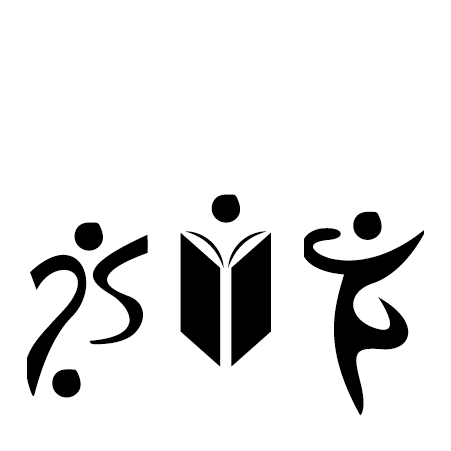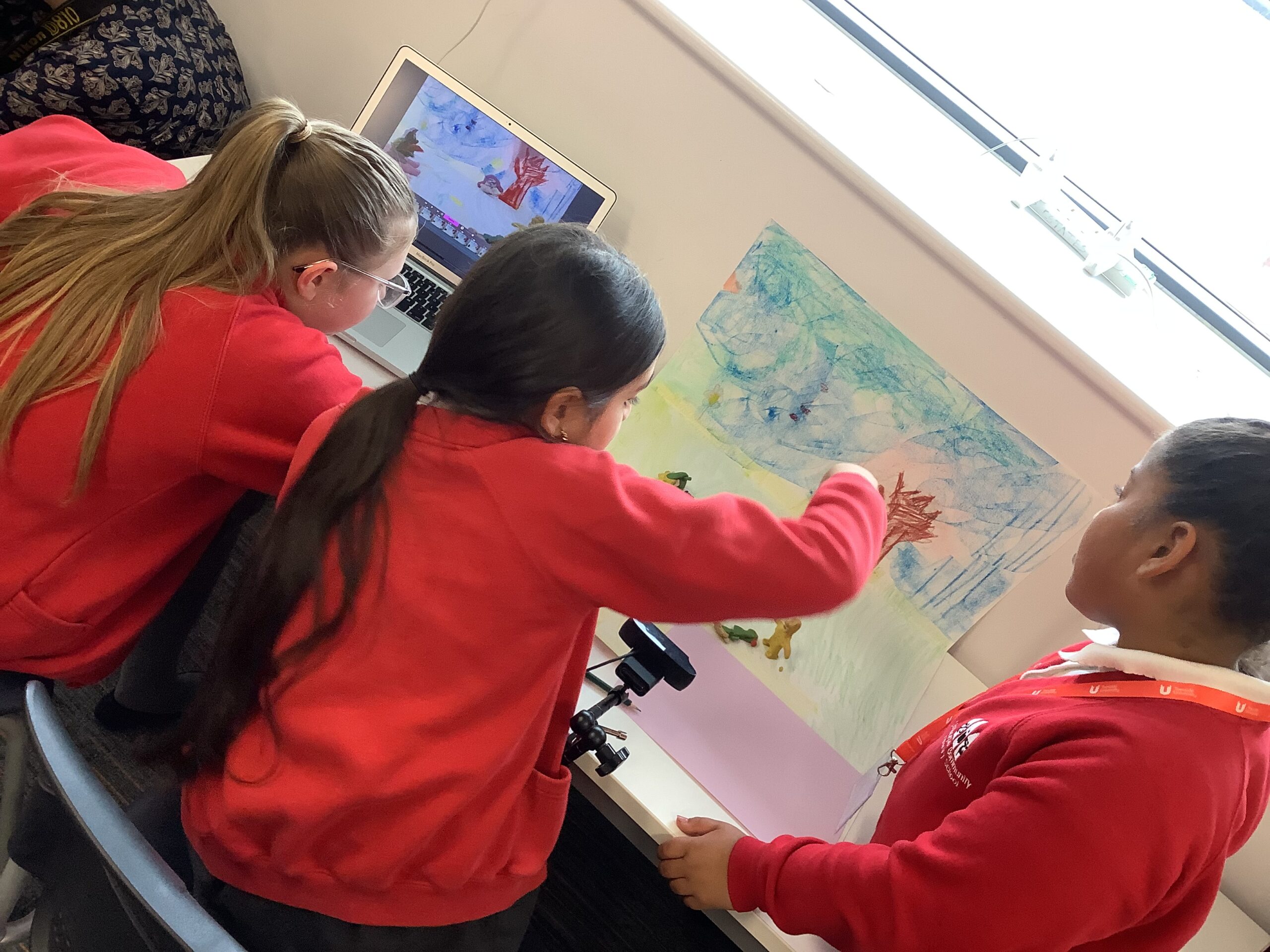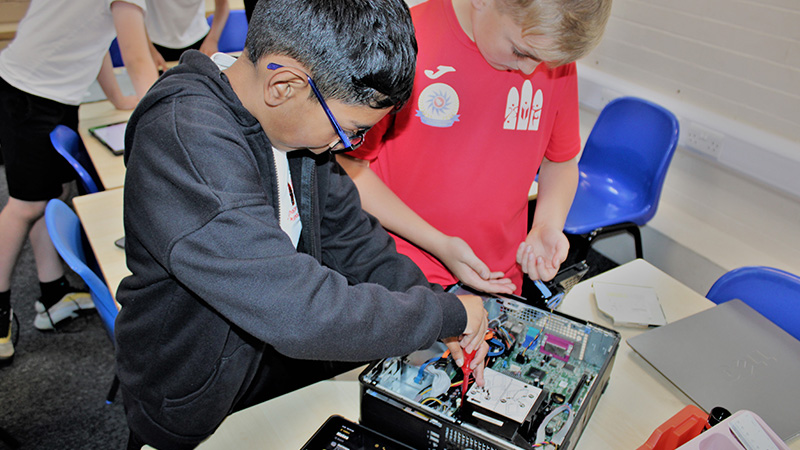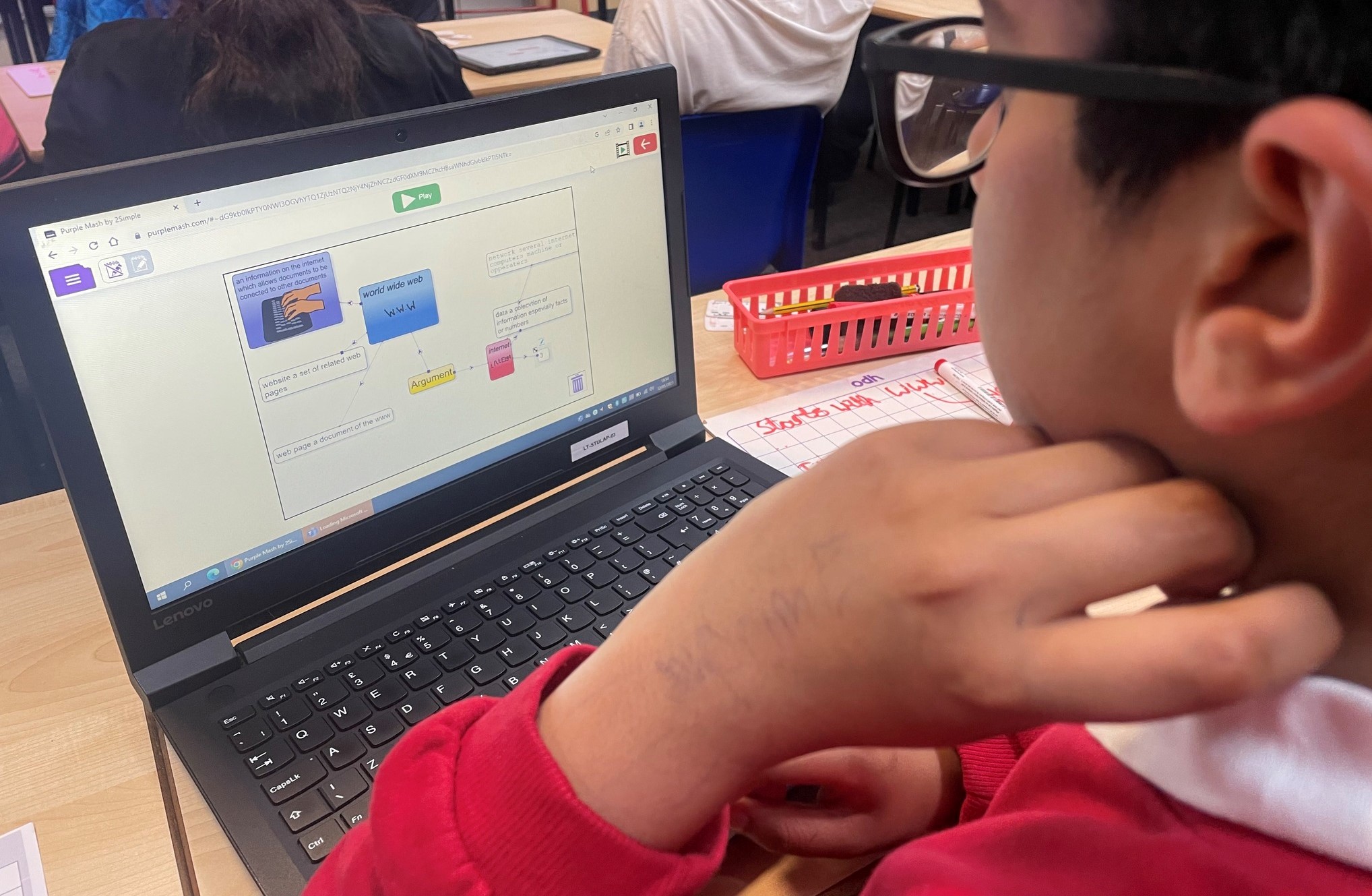Wider Curriculum
Computing
Our high-quality bespoke curriculum, taught by a specialist teacher, provides ample opportunities for the children of Linthorpe to develop as computational thinkers. The curriculum is taught through our Big Ideas: The Impact of Computing, Data and Information, Creative Media, Presenting, Computer Systems and Networks and Programming. The big ideas are under the umbrella of the National Curriculum strands: Computer Science, Information and Technology and Digital Literacy.
Having discreet Computing lessons means that children are able to develop depth in their knowledge and skills over the duration of each unit. Children build on prior knowledge and understanding to competently create programs, systems and learn new skills through a range of content. From year 2 to 6, children use a high-level block based visual programming website to start their coding journey. They then transfer these skills through physical coding components such as Microbits and Spheros.
We use National Online Safety to cover the full online safety aspect through 8 units: Self Image and Identity, Online Relationships, Online Reputation, Online Bullying, Managing Online Information, Health, Wellbeing and Lifestyle, Privacy and Security and Copyright and Ownership.
We are recognised as an Online Safety School and are currently working towards the Safe360 accredited Quality Mark.
At Linthorpe Primary, we use computers and handheld technology to enhance and extend our children’s learning across the whole curriculum. Staff and children have the resources and capability to access a wide range of devices, from PCs to iPads, in order to support whole class and independent learning. Within a safe learning environment, children are taught to recognise the value of computing for themselves and others, whilst being aware of its advantages and limitations.
At Linthorpe, we care greatly about keeping our children safe, both at school and out in the wider world. Internet safety is a large part of our computing curriculum and our everyday teaching. A large part of this is also down to parents. We encourage and work in partnership with parents to ensure that their computers and mobile devices are safe for our young people to use. In this way we can ensure that we nurture healthy, positive, worldly wise children that know how to keep themselves and others safe.
Throughout the year, we provide various clubs that allow children to develop a deeper interest and understanding of different areas of the computing curriculum.
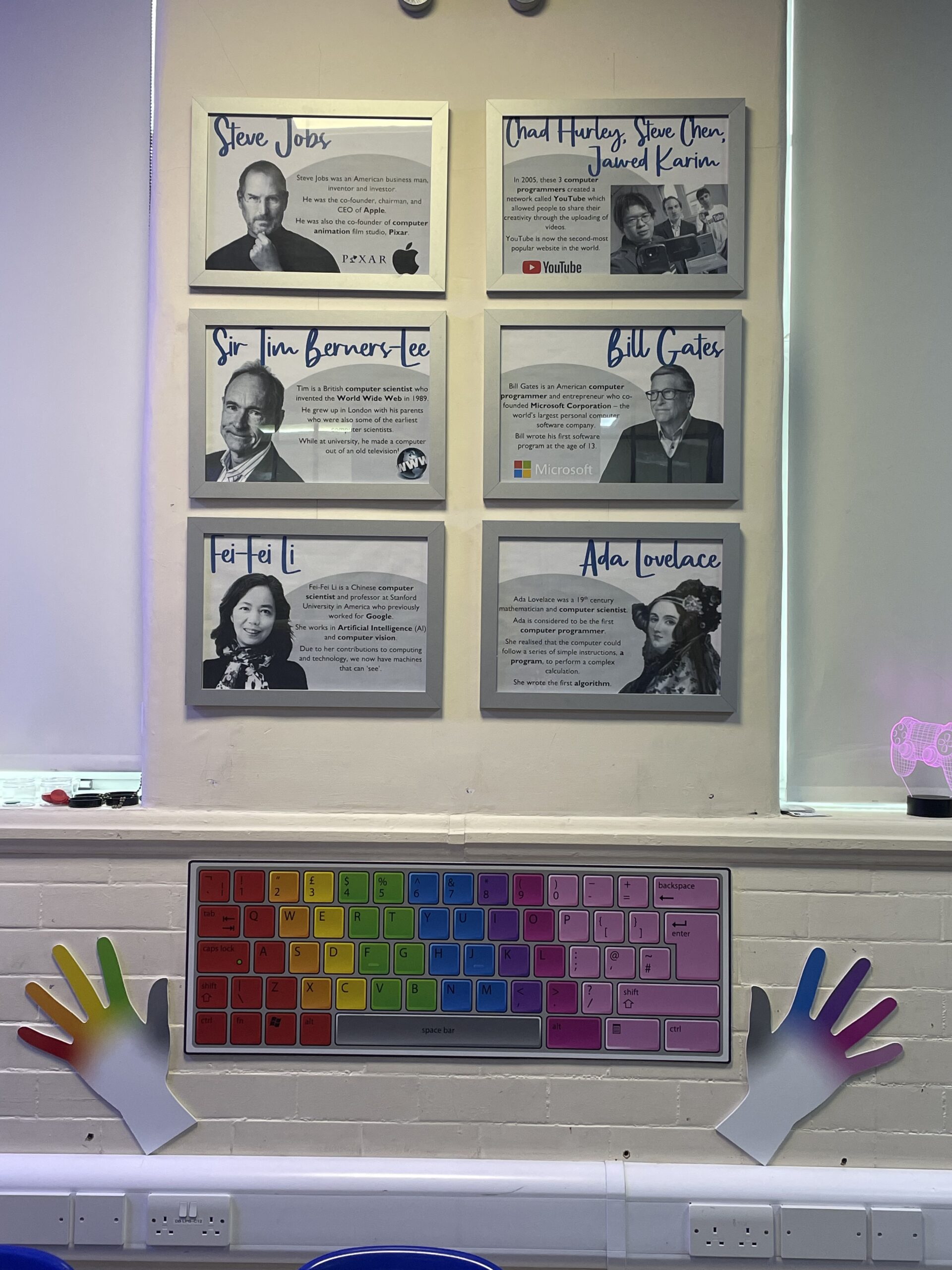
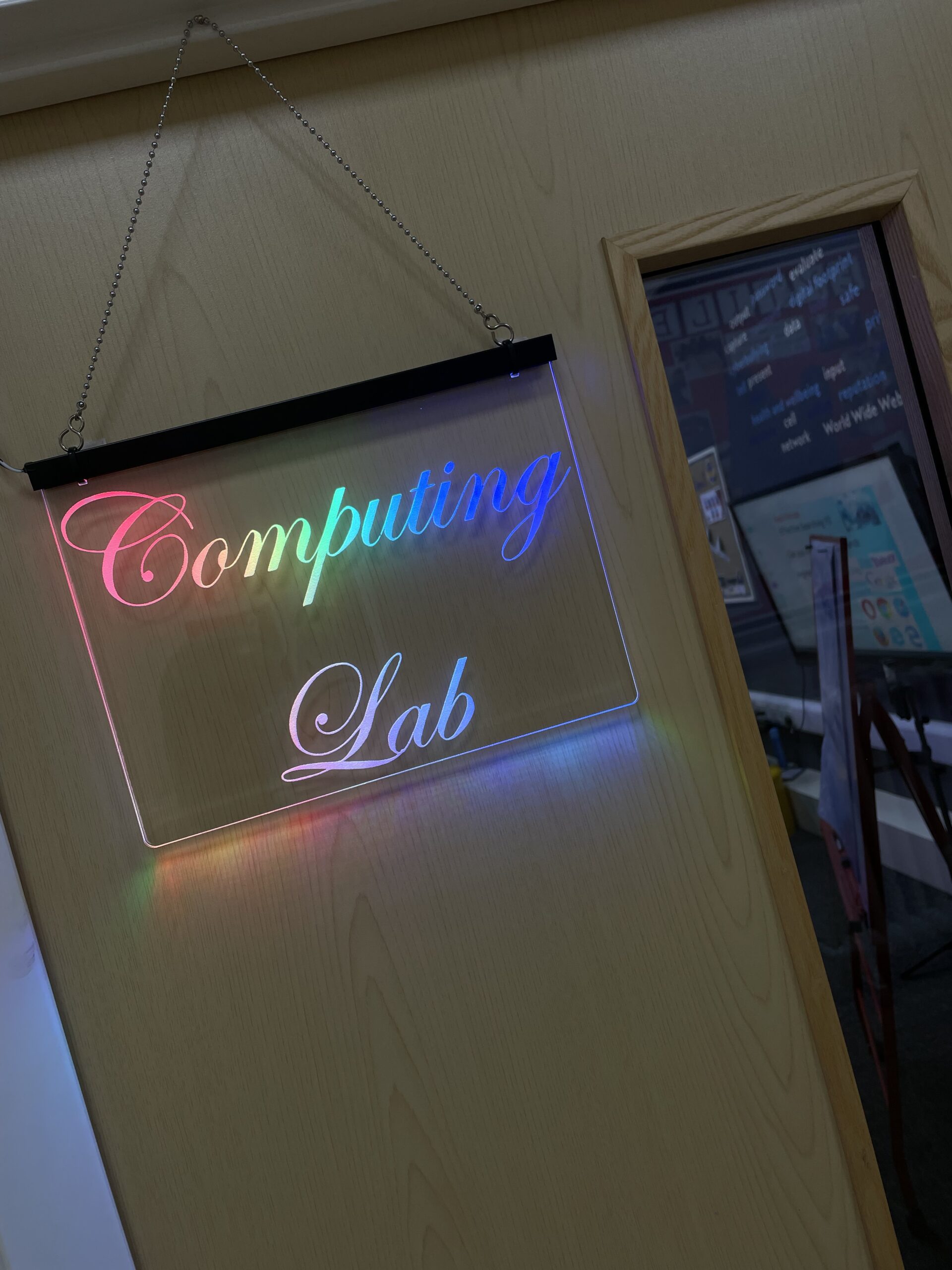
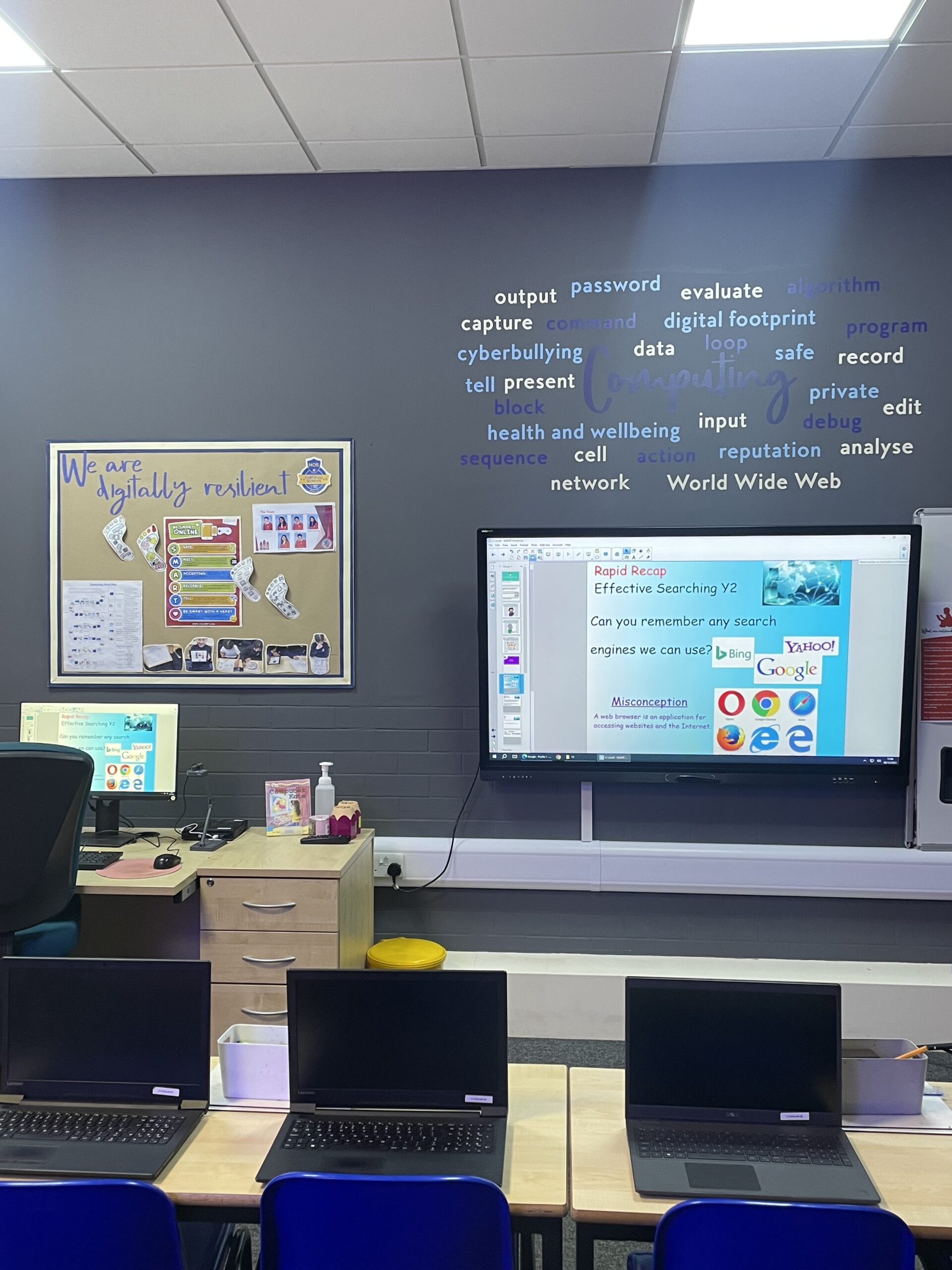
Our high-quality bespoke curriculum, taught by a specialist teacher, provides ample opportunities for the children of Linthorpe to develop as computational thinkers. The curriculum is taught through our Big Ideas: The Impact of Computing, Data and Information, Creative Media, Presenting, Computer Systems and Networks and Programming. The big ideas are under the umbrella of the National Curriculum strands: Computer Science, Information and Technology and Digital Literacy.
Having discreet Computing lessons means that children are able to develop depth in their knowledge and skills over the duration of each unit. Children build on prior knowledge and understanding to competently create programs, systems and learn new skills through a range of content. From year 2 to 6, children use a high-level block based visual programming website to start their coding journey. They then transfer these skills through physical coding components such as Microbits and Spheros.
A high-quality computing education equips pupils to use computational thinking and creativity to understand and change the world. Computing has deep links with mathematics, science, and design and technology, and provides insights into both natural and artificial systems. The core of computing is computer science, in which pupils are taught the principles of information and computation, how digital systems work, and how to put this knowledge to use through programming. Building on this knowledge and understanding, pupils are equipped to use information technology to create programs, systems and a range of content. Computing also ensures that pupils become digitally literate – able to use, and express themselves and develop their ideas through, information and communication technology – at a level suitable for the future workplace and as active participants in a digital world.
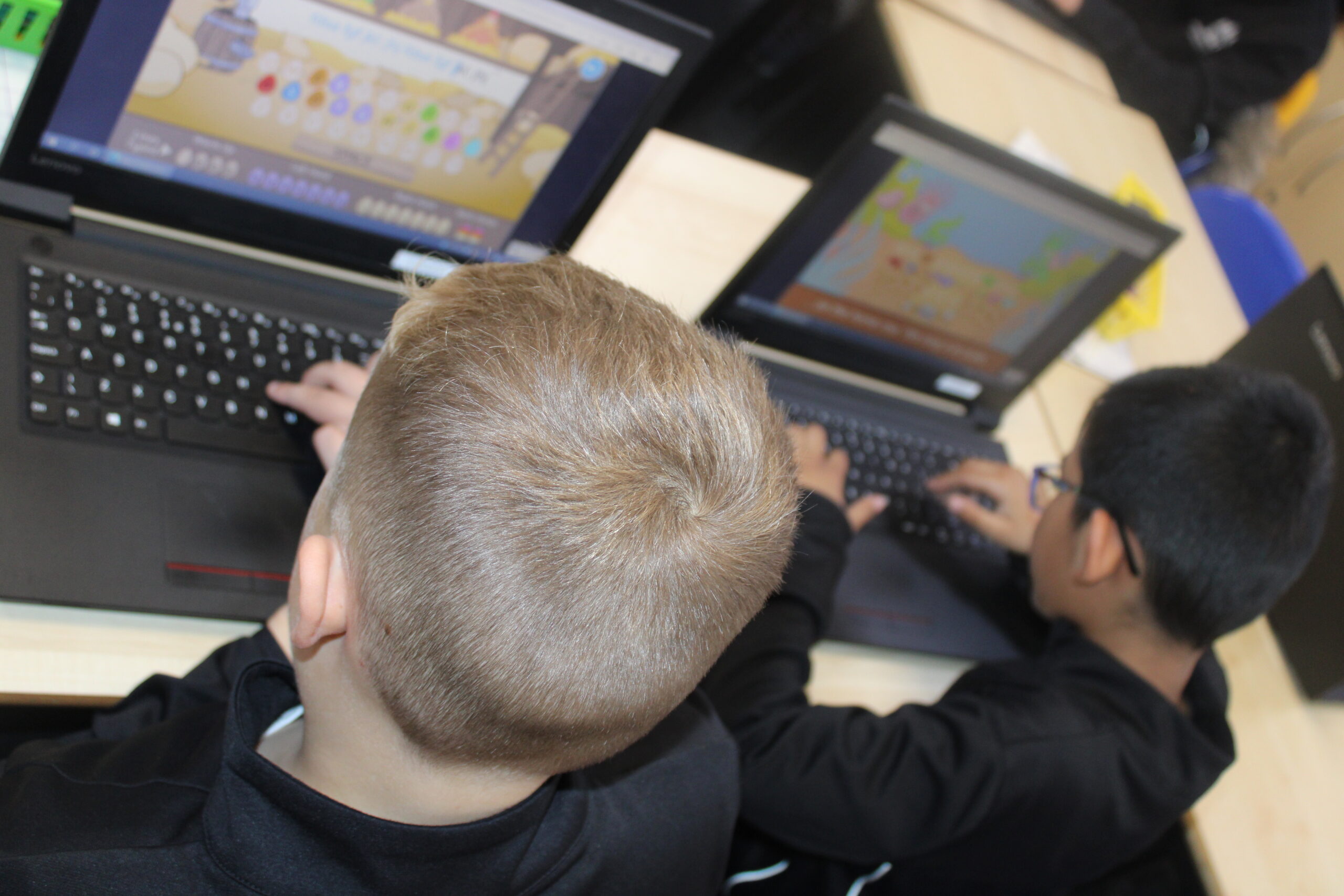
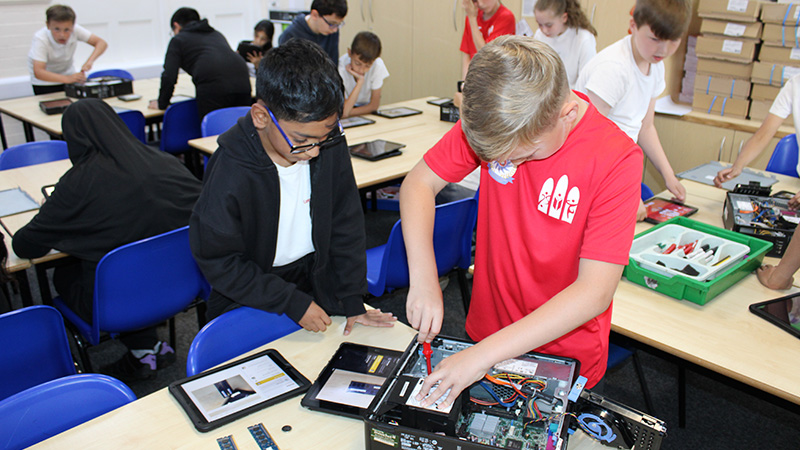
The National Curriculum for computing aims to ensure that all pupils:
- can understand and apply the fundamental principles and concepts of computer science, including abstraction, logic, algorithms and data representation
- can analyse problems in computational terms, and have repeated practical experience of writing computer programs in order to solve such problems
- can evaluate and apply information technology, including new or unfamiliar technologies, analytically to solve problems
- are responsible, competent, confident and creative users of information and communication technology.
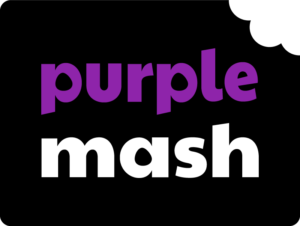
Purple Mash is an award-winning cross-curricular website for nursery and primary school children. It enables children to explore and enhance their knowledge in a fun and creative way.
The Purple Mash Computing Scheme of Work is a comprehensive set of resources aligned to the National Curricula for Computing, Technology and Digital Competence. It exposes children to a wide variety of digital tools, technological skills, and innovations. It contains everything that is needed to deliver inspiring and engaging lessons whilst allowing for the flexibility to meet individual needs. We have included additional units that go beyond the expectations of National Curricula, whilst also providing ‘Catch-Up’ units to close gaps in learning.
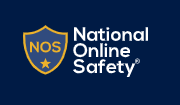
National Online Safety
We are a registered National Online Safety school. We offer support and a platform of content for parents/carers and children. We can offer a full suite of CPD on the latest policy, practice and research, available to you anytime, anywhere and on any device.
